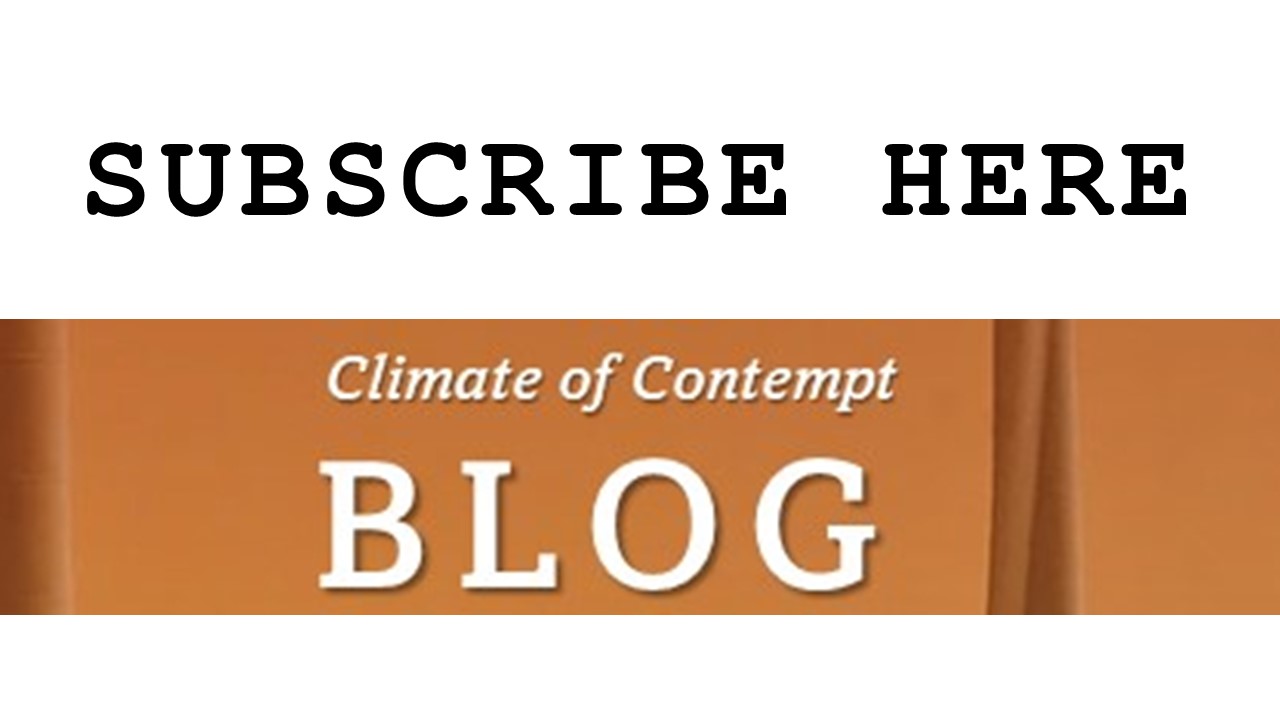Readers of this blog are regularly subjected to my whining about people ignoring what empirical social science research has to say about the roots of our political dysfunction. 🙂 In the Internet era, having an opinion and commanding an audience passes for deep expertise, unfortunately. There are plenty of non-academics who are experts, but academic experts have one thing going for them that others do not: namely, that professional norms within academia favor being careful and circumspect about how we draw important conclusions.
So, if you are interested in what those types of experts have to say about how today’s politics is distorting energy transition policymaking, here are some pages of links to scholars who do that work.
MISINFORMATION & MEDIA BIAS: This page contains links to: (1) scholars and research labs studying the spread of misinformation online, and why it spreads farther and faster than truths; and (2) online resources measuring ideological bias in news sources. Many of these sources are discussed in chapter 4 of Climate of Contempt. Browsing them is a cure for the conceit that “the other side has been brainwashed, but my news feed is complete and unbiased.” We all get spun, and these researchers help us understand why and how that is so.
POLITICAL COMMUNICATION: This page contains links to experts who study the connection between propaganda and political behavior: i.e., the ways in which modern political communication technology contributes to polarization and negative partisanship [read: makes us dumber and angrier about politics].
The top half of the page links to leading scholars — most of them political scientists or communications scholars — whose research most directly addresses these issues. Much of the analysis in Part II of my book is based on their work. The bottom half of the page links to podcasts and other resources that regularly discuss how the online world interacts with human psychology to change our politics. If you think you tend to under-appreciate the role of emotion and social pressures in driving political behavior, these resources are for you.
THE ENERGY TRANSITION: Chapter 5 of my book discusses common misunderstandings about the energy transition that are fed by our emotional, polarized and fragmented information environment. This page links to resources that will disabuse people of those misunderstandings. Becoming a regular reader/listener of these blogs and podcasts will give the reader/listener a fuller, more nuanced understanding of the difficult tradeoffs and value choices that the energy transition entails. They poke holes in the mirror image ideas that the transition will be (i) relatively easy or (ii) just about impossible. (On that point see also the NIMBY News page, which periodically collects one month’s worth of stories about NIMBY opposition to energy transition projects.)
ENERGY TRANSITION PLAYLIST: So much of Climate of Contempt is about aspects of the human psyche that concern the role of emotion as a lever of persuasion. These are psychological phenomena that academics and writers sometimes overlook, and that politicians and lobbyists understand but prefer not to talk about. But those forces are right in the wheelhouse of artists. So I have assembled a playlist of popular songs on Spotify that address the themes at the center of my analysis of the politics of the energy transition.
As American democracy descends into a more authoritarian, less “rule of law” based form of governance, re-establishing broad acceptance of our liberal democratic norms will require understanding why things have gotten so bad. The resources on these pages can help aid that understanding, steer you away from counterproductive rhetoric (online or offline), and form the foundation of your individual strategy for helping bring those norms back. — David Spence

